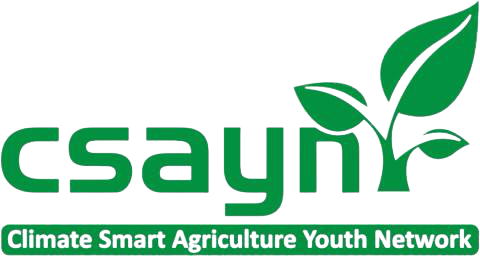Most developing countries in the Asean region have identified measures to both strengthen the resilience of the agriculture sectors and reduce emissions from agriculture and land use activities as part of NDCs target. Meanwhile the commitment period for the Paris Agreement in 2020 is fast approaching. Developing actions at scale to achieve the NDC targets in the priority areas will require in agriculture and more sustainable land use practices. From that, FAO Asia and The Pacific with partner organizations (USAID, WBCSD, CIAT, Asean CRN, Giz, and GACSA) support countries in the region to link with CSA investment from multisectoral.

This workshop aimed to the following outputs; country-specific pre-2020 Roadmap for sector level engagement on addressing the NDC targets for agriculture and land use sector, country specific strategis for private sector engagement including recommended priority actions by key government entities and next steps for implementation, country specific findings on the role and importance of climate finance and stake holder engagement in accelerating adoption of and investment in NDC action plans, and a report and brief summary of the key findings of the event.
There were 8 countries from Asia (Thailand, Myanmar, Cambodia, Laos, Vietnam, Phillipines, Indonesia, and Bangladesh) and representatives included representatives from Minsitries of who lead the development of sector plan and targets for climate-smart lower-emission production, representatives from Ministries of Environment, representatives of Ministries of Finance or national development Bank Three -days workshop on CAFA divided into 5 session. The first session about progress since Paris and perspective for agriculture. Briefing session led by FAO by giving overview on significance of the Paris Agreement under current context. After the briefing we joined on interactive session.
The following session was Session 2 Role of Climate Smart Agriculture in Achieving the NDCs. A panel moderator facilitated discussions at the end of the presentation engaging country representatives to deliberate on the progress made in order their NDC target. In the afternoon we continued the session with success stories and scaling up CSA. In this session CSAYN represented succes stories activities related CSA best practices and role youth in promoting CSA for each country member in regional. GACSA as leader of this session also opened discussion for all participants to be interactived session on panel discussion.

Session 3 on the second day highlighted in the theme of climate action in agriculture through development of foresight modelling and scenario analysis. This session led by CIAT/IIASA, and followed by Q and A discussion session. After the briefing session we guided by facilitator through an exercise per country group to review and discuss plausible climate change and socio economic scenario at regional and national level based. Session 4 on the third day related on Accelerating Investment. We joined session who private sector spoken on it. During the session panelist sumarize the highlight from regional workshop held in Bangkok in March 2017. The following action was panel discussion on opportunities private sector into CSA. The speaker were representatives from USAID, WBCSD, Appra, Central Bank from Bangladesh.
After all finished session, there were a workshop evaluation and wrap up for the next steps increasing investment in CSA through engaging private sector. Each country group present a roadmap to reality as catalyzing action and investment through collaborations and partnership. This session guided countries made a roadmap with their ongoing preparations for FD 2018 and the Paris Agreement commitment period. For me, it was my honour to be invited as youth speaker for panel discussion on thematic session (Youth for CSA and promoting CSA into local community).

So grateful being actively on the fruitful workshop. As participant, I truly appreciated the time about this opportunity to speak on behalf of Global Coordination Unit for CSAYN (Climate Smart Agriculture Youth Network). I enjoyed learning more about CSA best practices and various programmes from 8 Asean countries. Such a great experience be a part of Indonesian team on country group work and how I might fit that team. I have had fun getting to know all participants from stake holder, ministrial, private sector, NGO, Research Centre, and many more.
